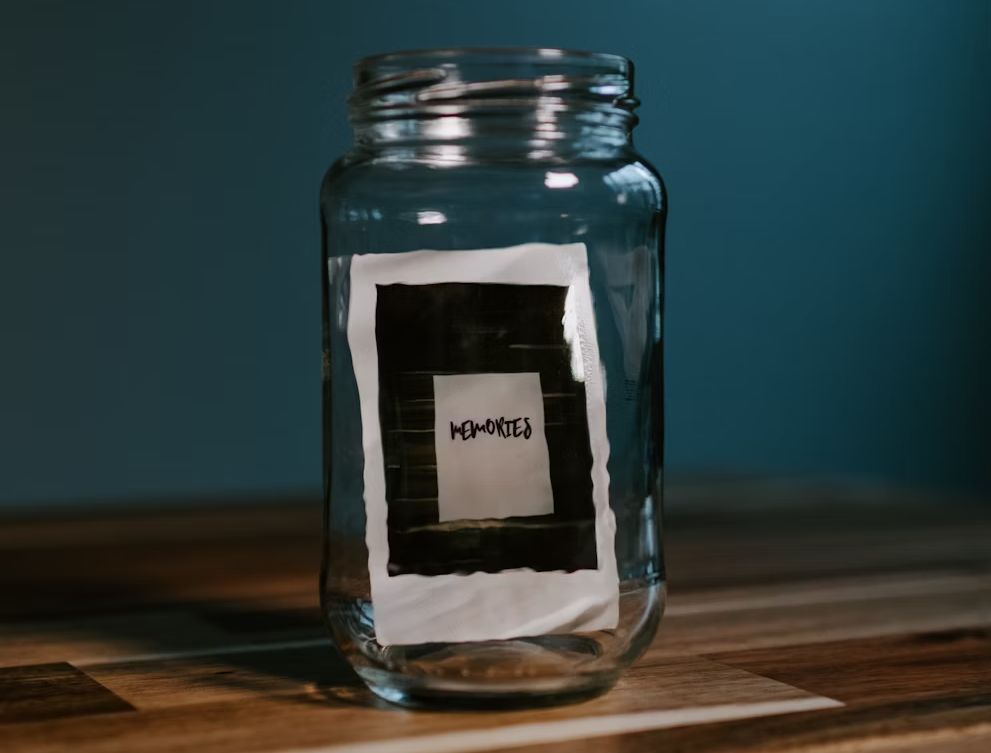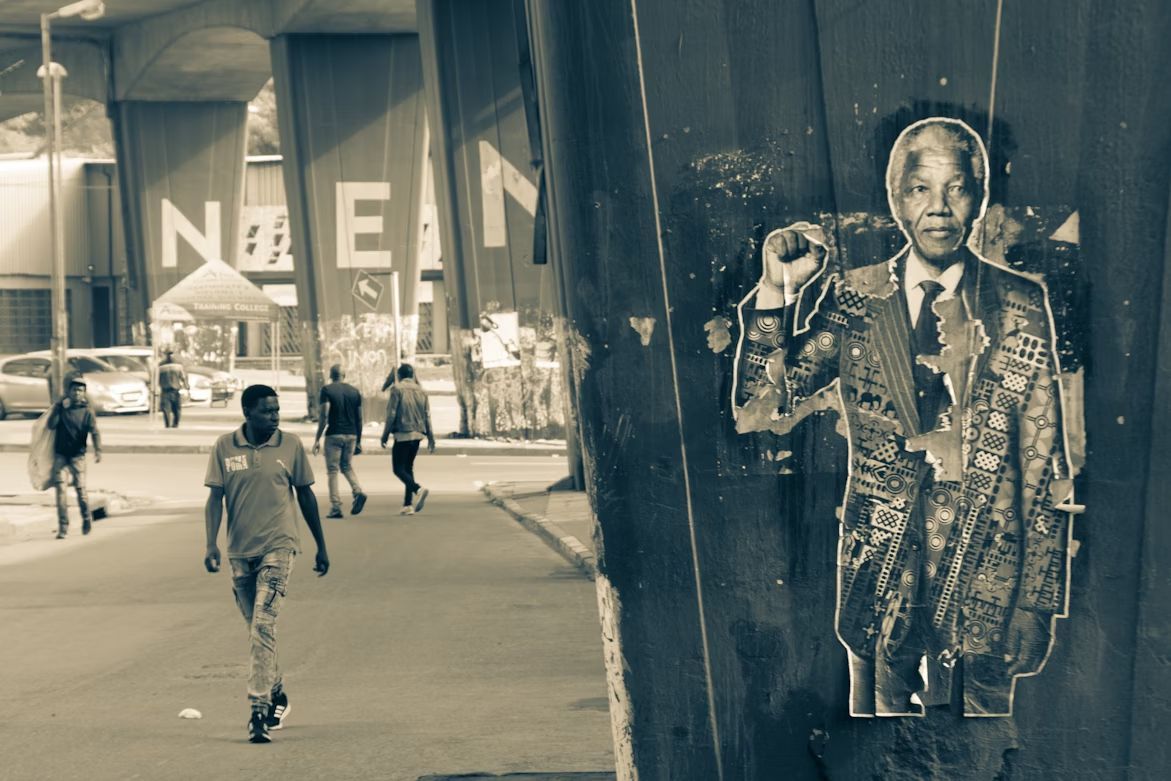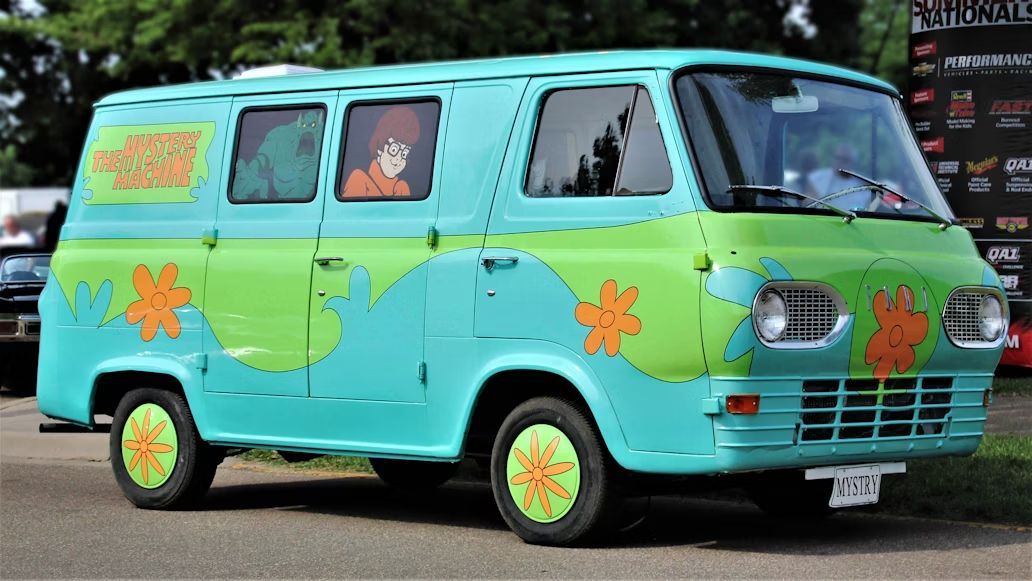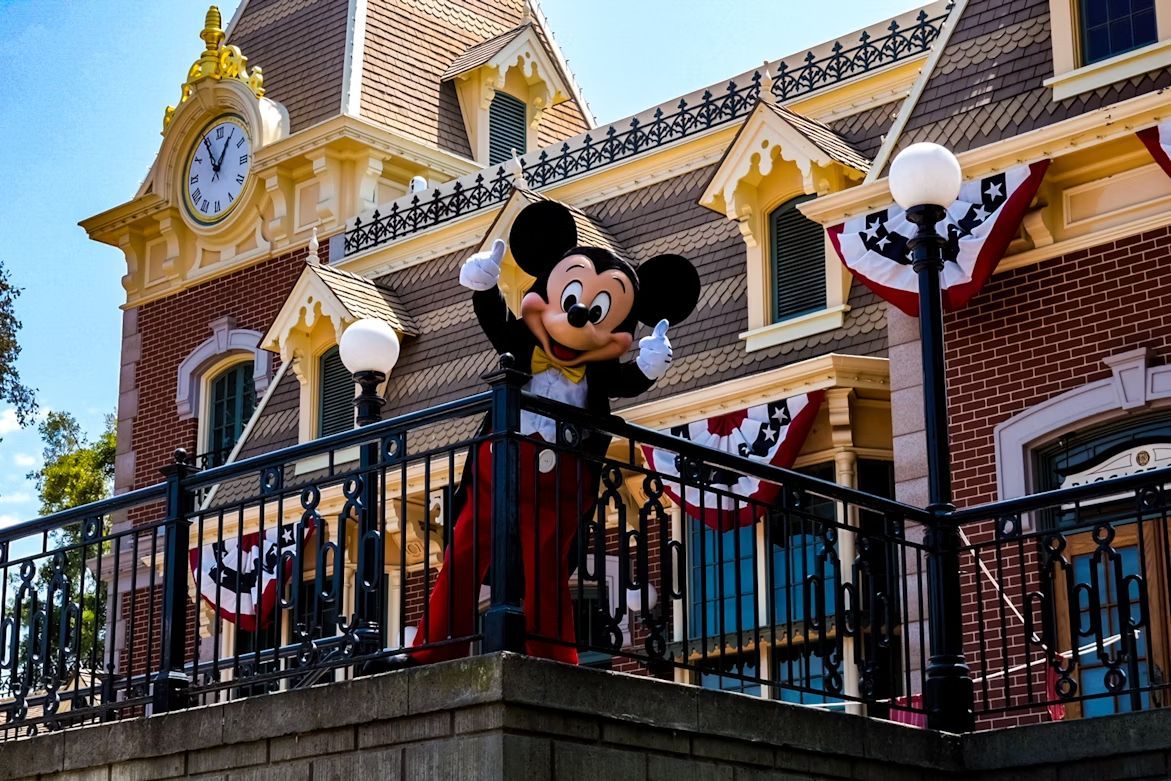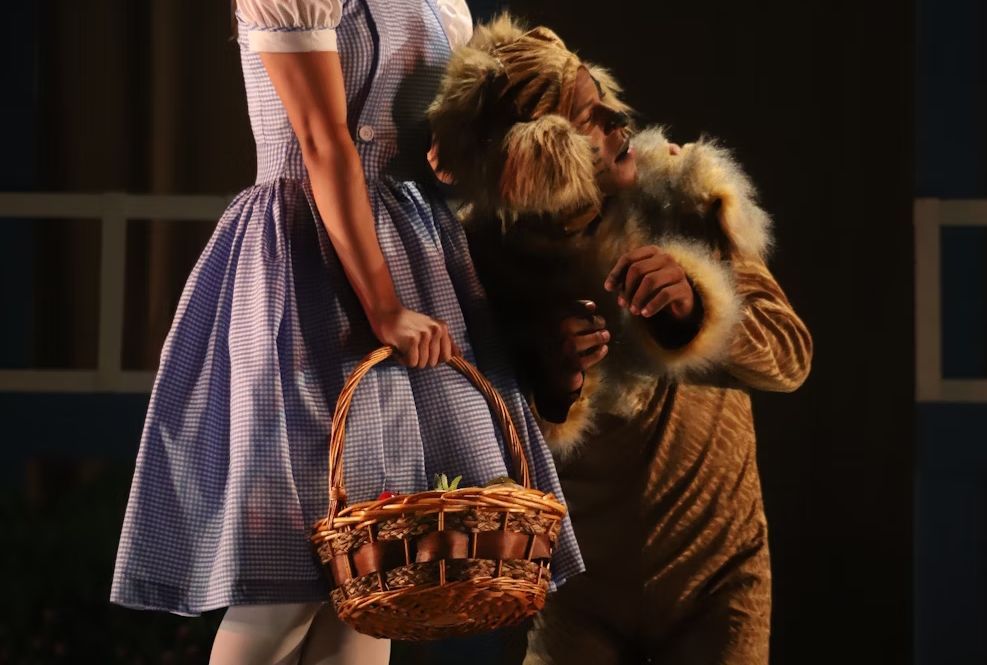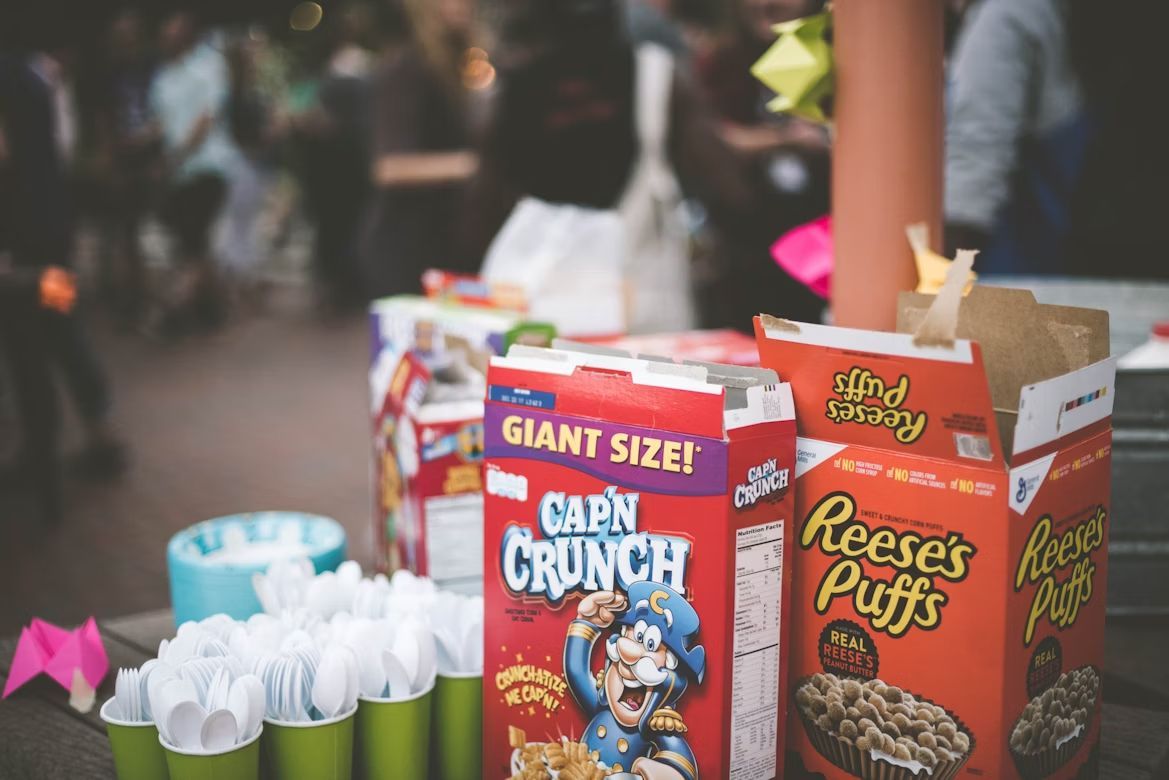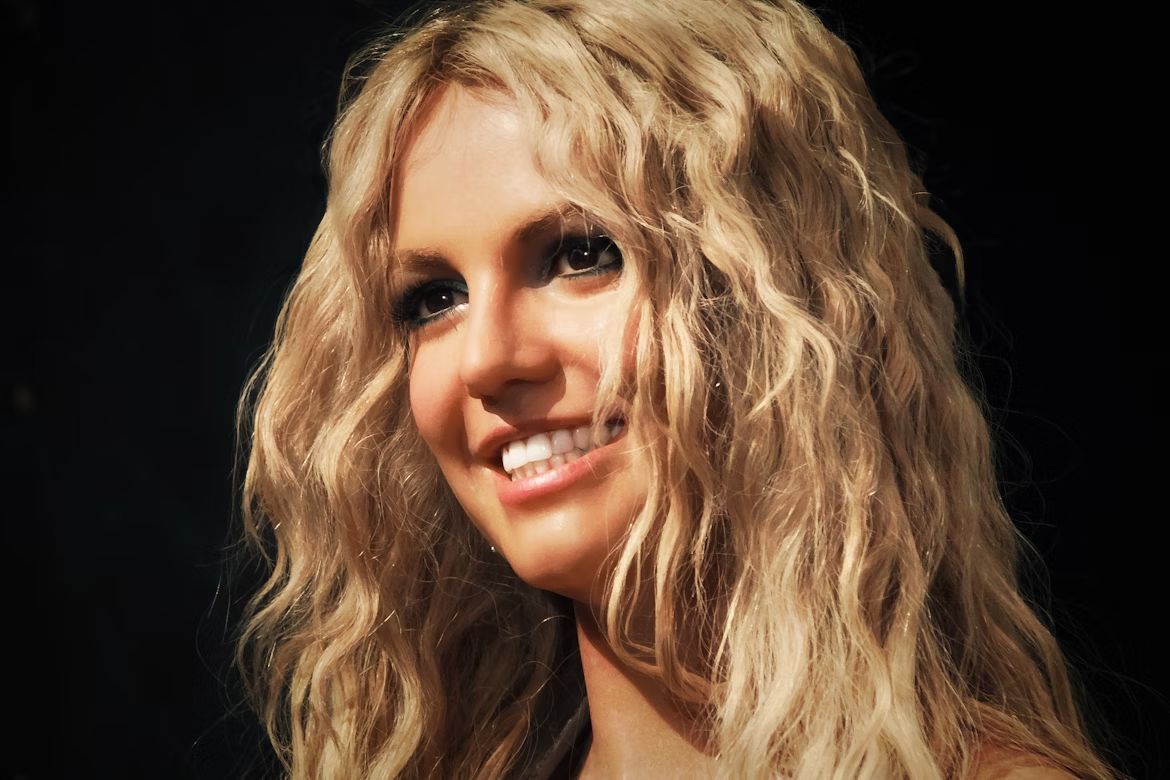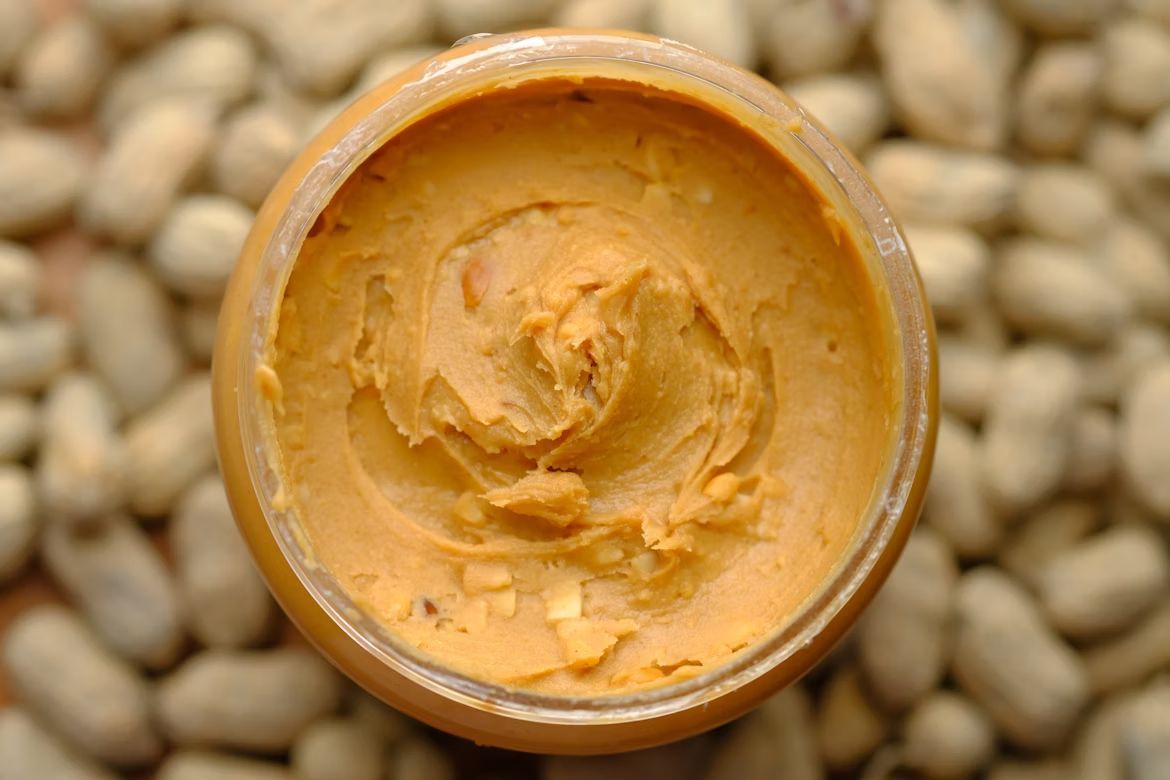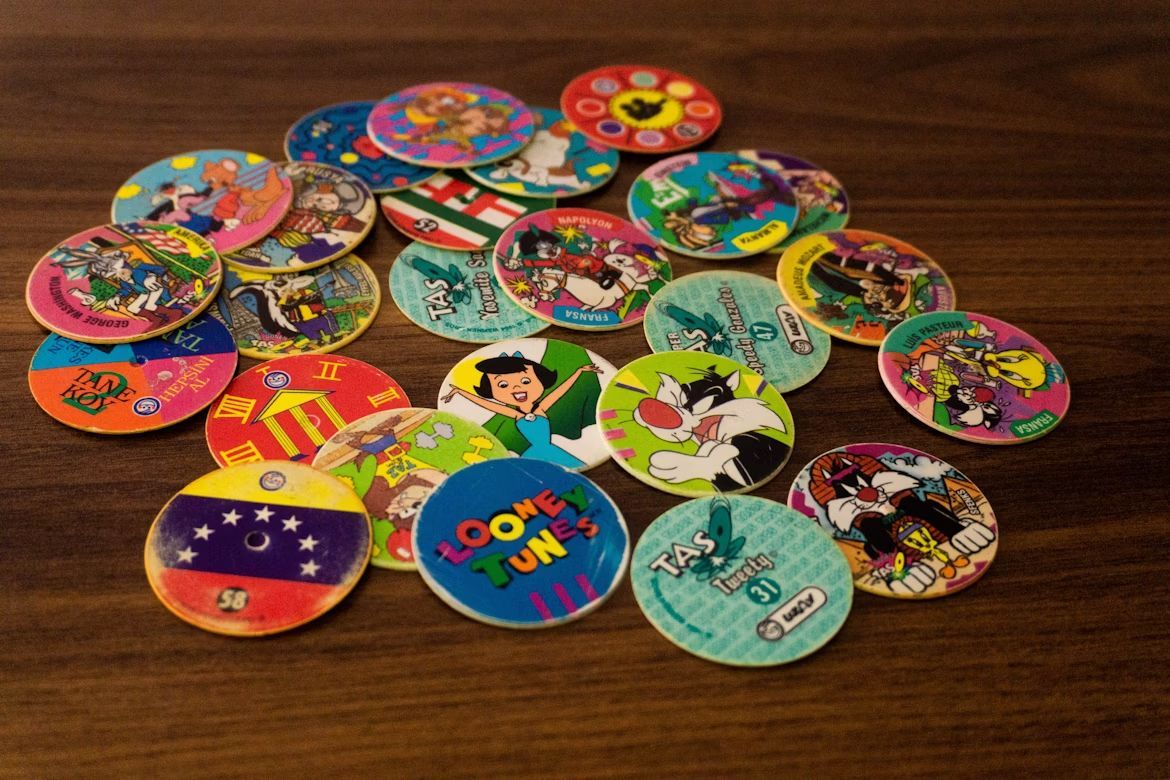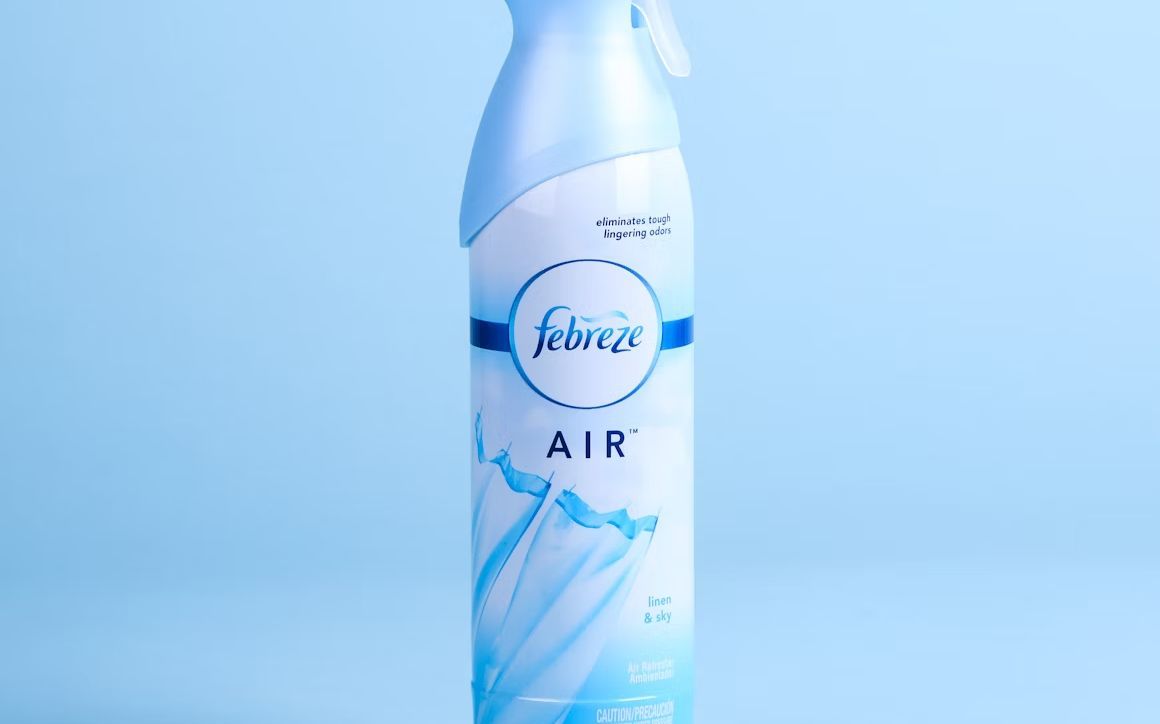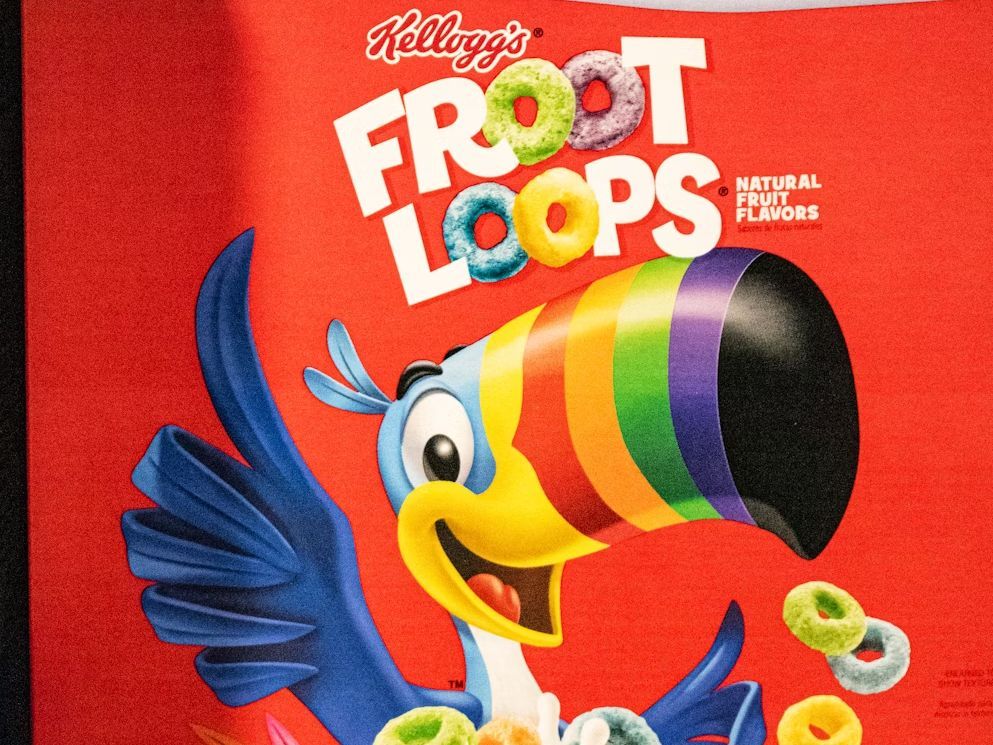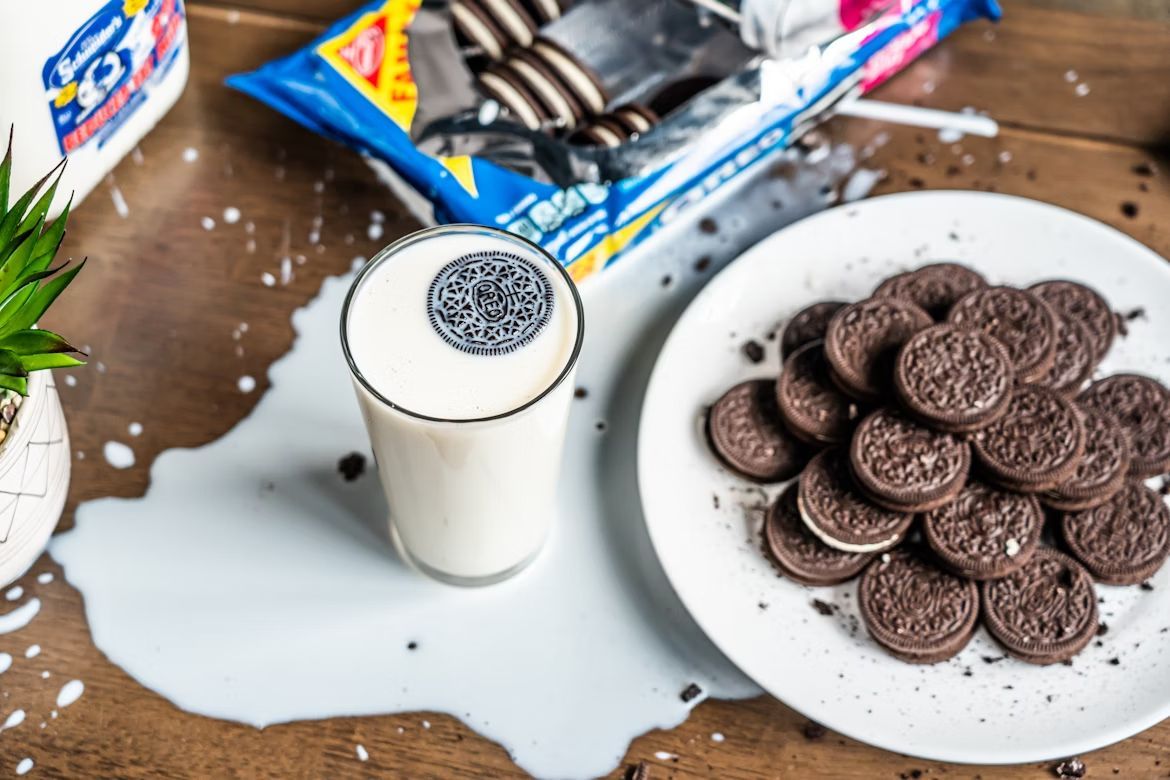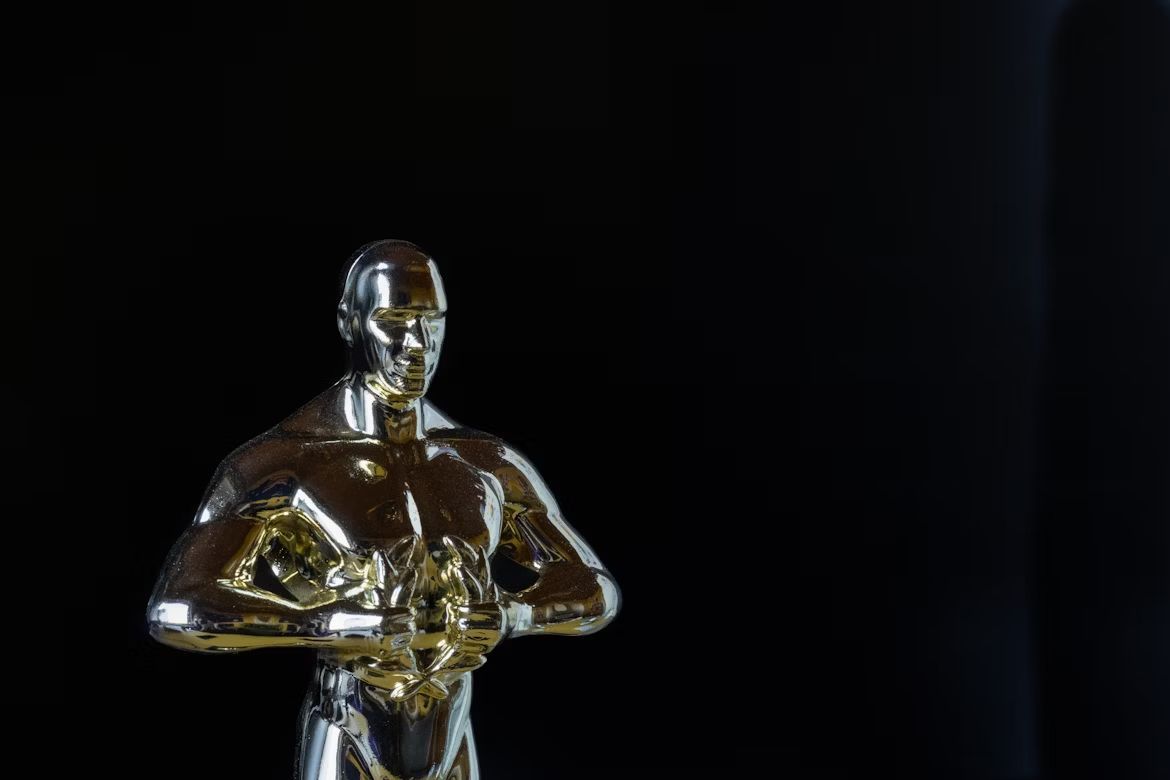What’s in a name?
Name of the game: Can you find these 6 words on the map?
Published on August 30, 2025
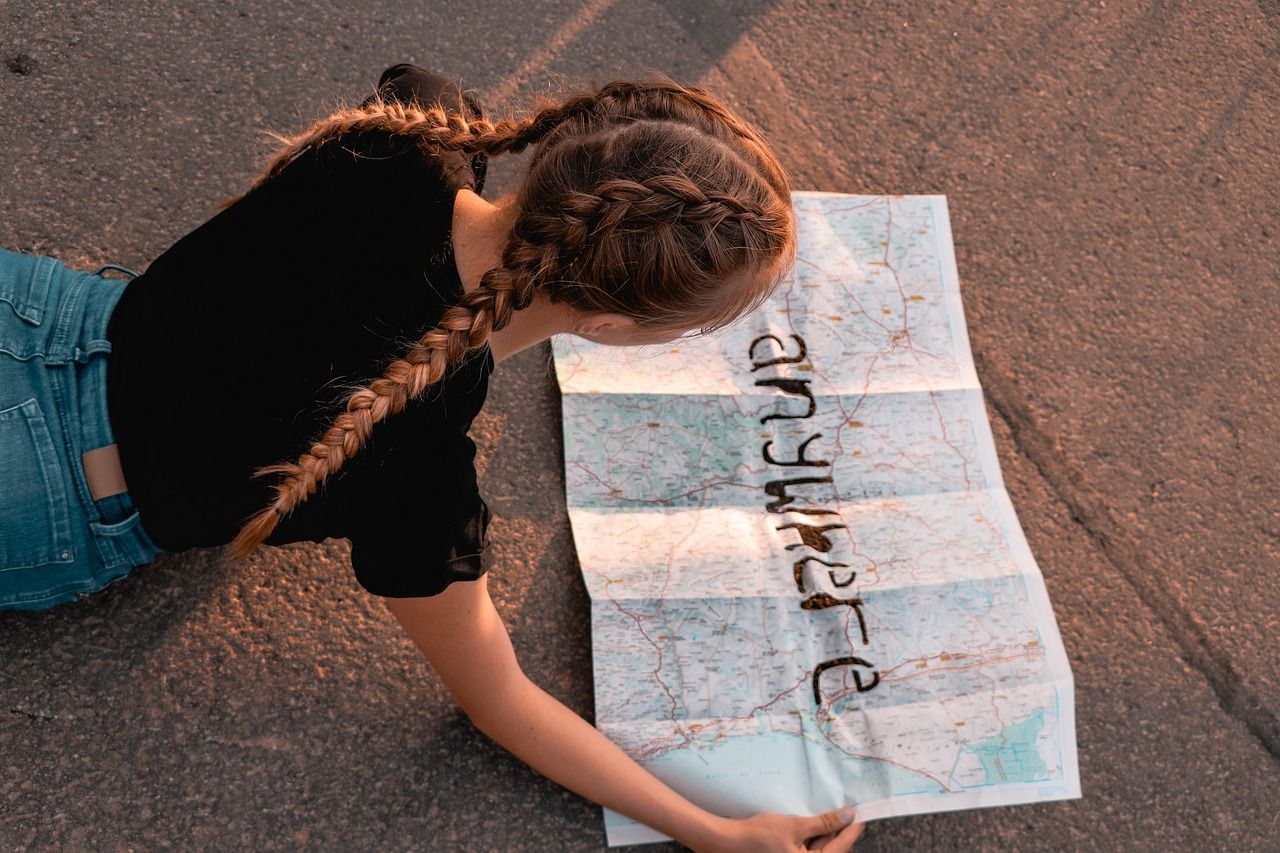 Credit: Pixabay
Credit: Pixabay
It is not surprising that some things we use or see every day are named after the place where they originated. And, over time, the place name becomes the name for the object. Words named after places or geographically grouped peoples are called toponymic words. There are more toponymic words than you can imagine, but you probably never gave them a second thought. So, we've come up with a game: We have left some clues for you to discover 6 words that derive from their place of origin. At the end of the article, you will find the correct answers. Are you up for the challenge?
Toponymic word #1: Shorts = Caribbean Island
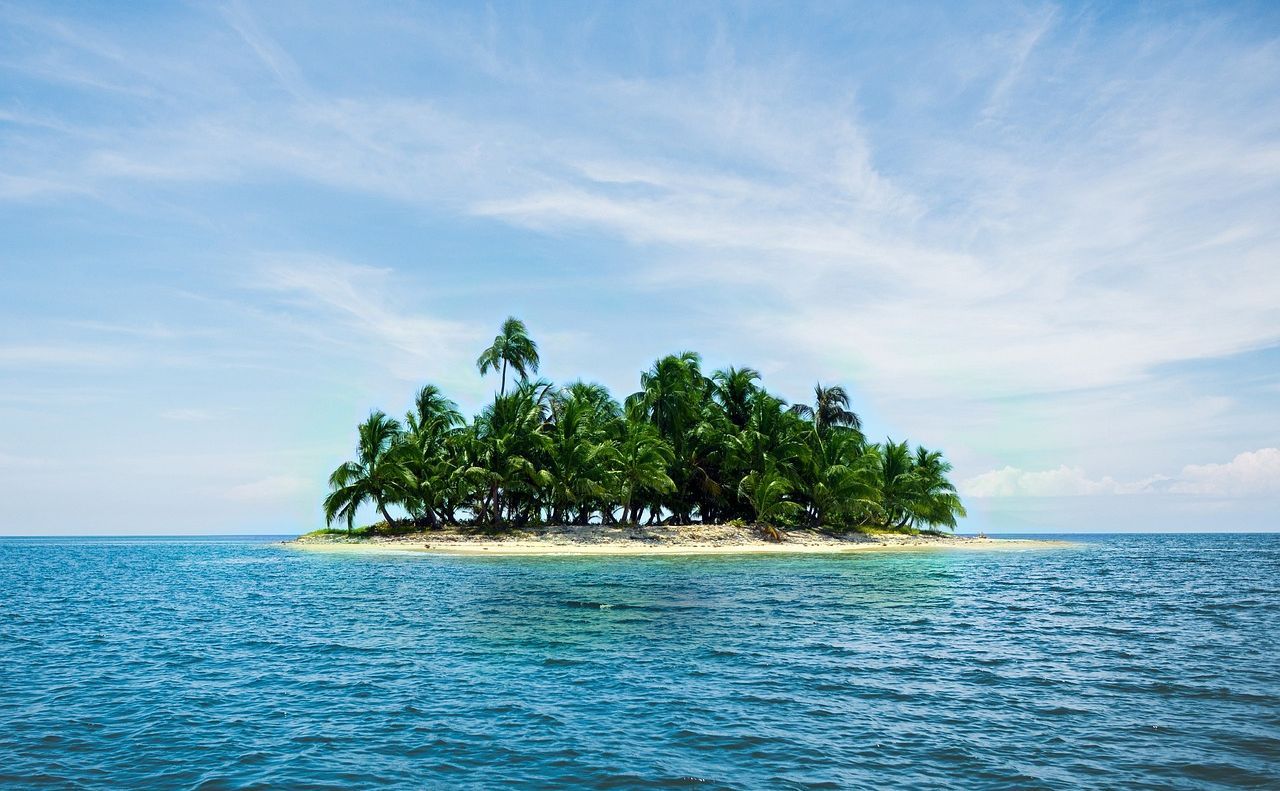 Credit: Schäferle
Credit: Schäferle
Our first toponymic word refers to a variety of knee-length, wide-legged shorts named after a British overseas territory located in a Caribbean archipelago in the North Atlantic Ocean, off the east coast of the United States.
Still haven't figured it out? Here's a hint: According to legend, there is a "triangle" in this area where numerous ships and planes have disappeared in mysterious circumstances.
Toponymic word #2: A gold coin = West African region
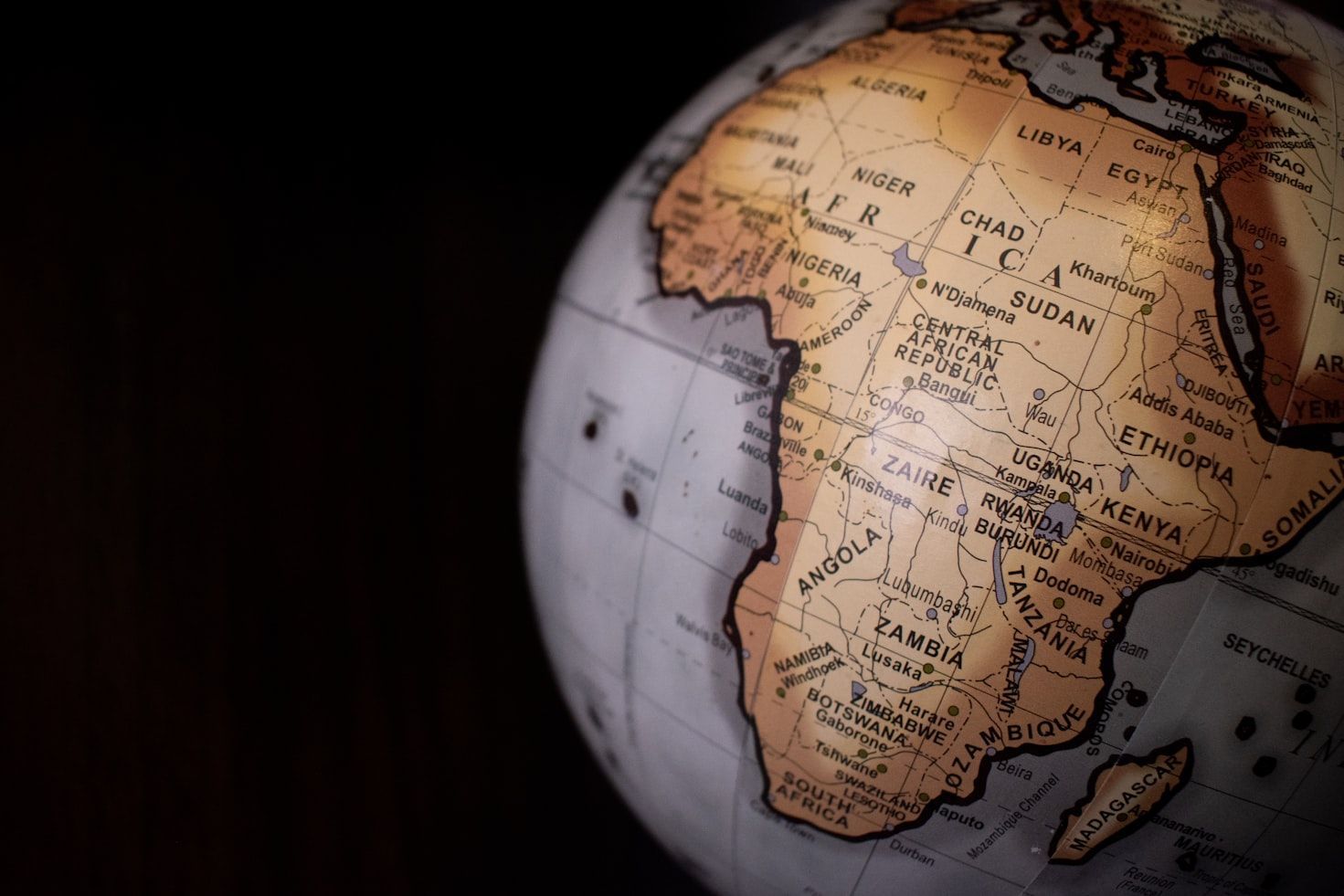 Credit: James Wiseman
Credit: James Wiseman
To guess this word, you have to think of a type of British coin that took its name from a region of West Africa known for its naturally moist tropical forest and savanna.
This particular gold coin was minted from 1663 to 1814 and represented a value of 20 shillings in sterling species, equal to one pound. Any ideas?
Toponymic word #3: Slang for coffee = Indonesian Island
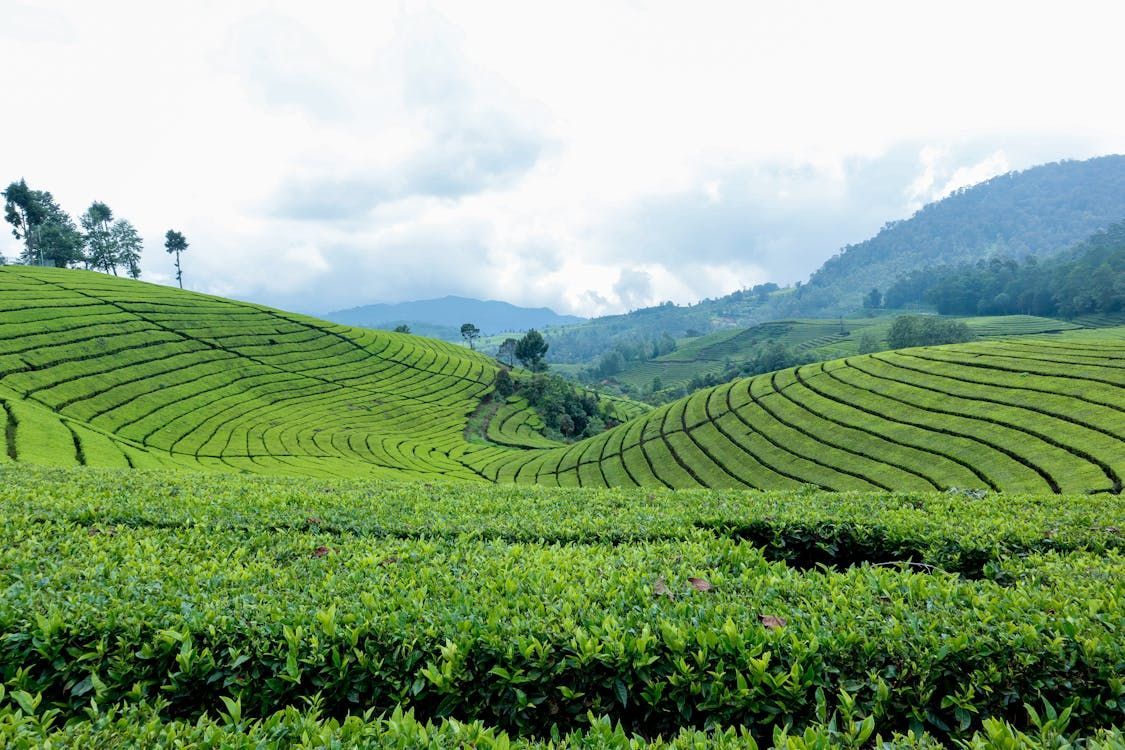 Credit: Yosi Azwan
Credit: Yosi Azwan
There are many ways to refer to coffee: espresso, brew, Joe, black gold, and morning elixir, among many others. But on this occasion, we are going to focus on a toponymic word that derives from the name of a specific Indonesian island.
Coffee took this nickname when the islands were colonized by the Dutch in the 19th century. During this time, as the beverage became more and more popular, the main source of the world's coffee was this Indonesian island. Sound familiar?
Toponymic word #4: A type of shoe = A British town
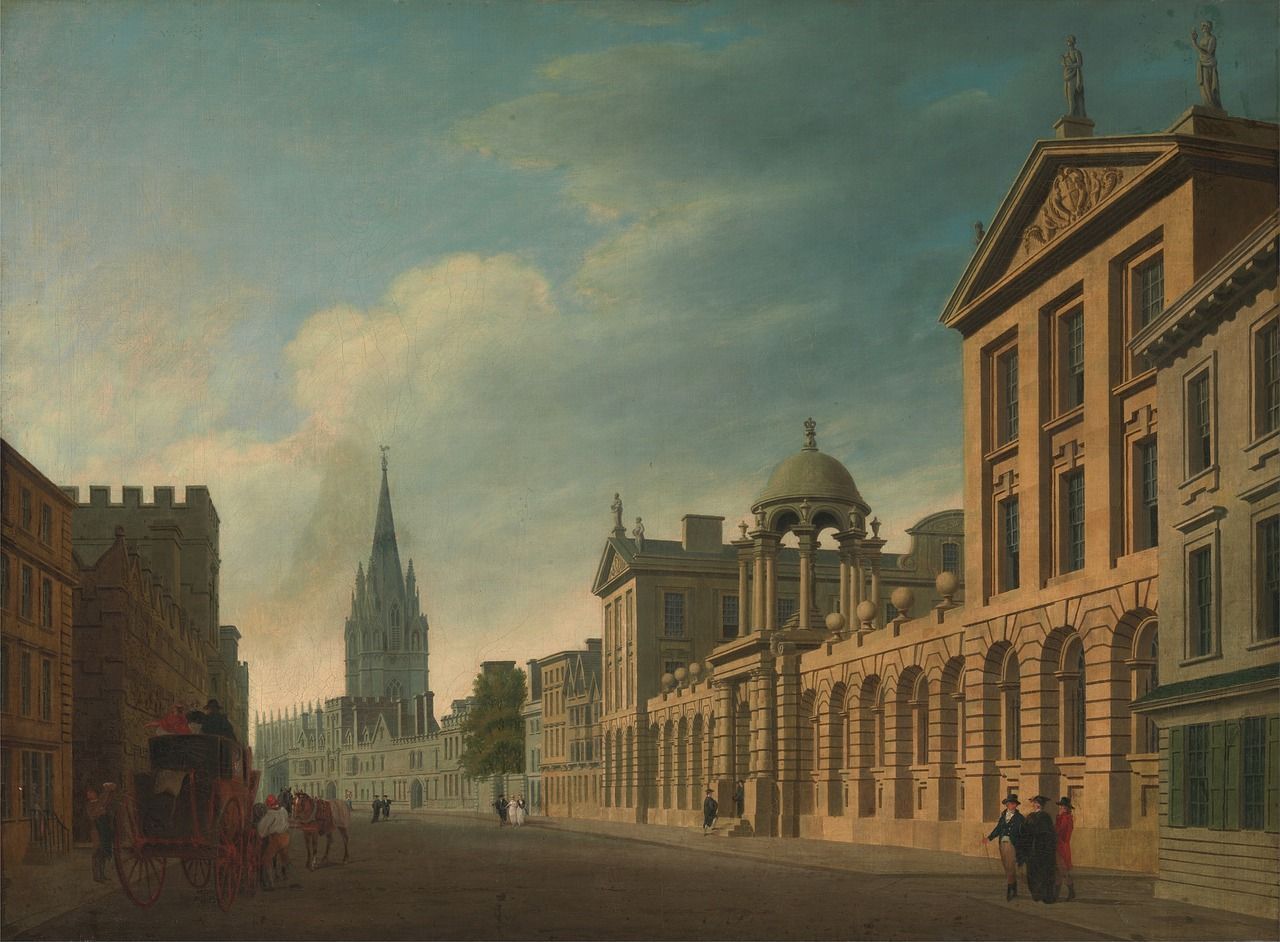 Credit: Pixabay
Credit: Pixabay
What do a formal shoe and a British city have in common? Their name! This word has its origin in an English cathedral city founded in the 8th century. The shoe in question is typically made of leather and tied with laces.
You still don't know the answer? Here's a clue: This town is home to the oldest university in the English-speaking world, where great names in world history such as Adam Smith, Oscar Wilde, Stephen Hawking, and Bill Clinton, among many others, studied.
Toponymic word #5: A group of artists = A region in the Czech Republic
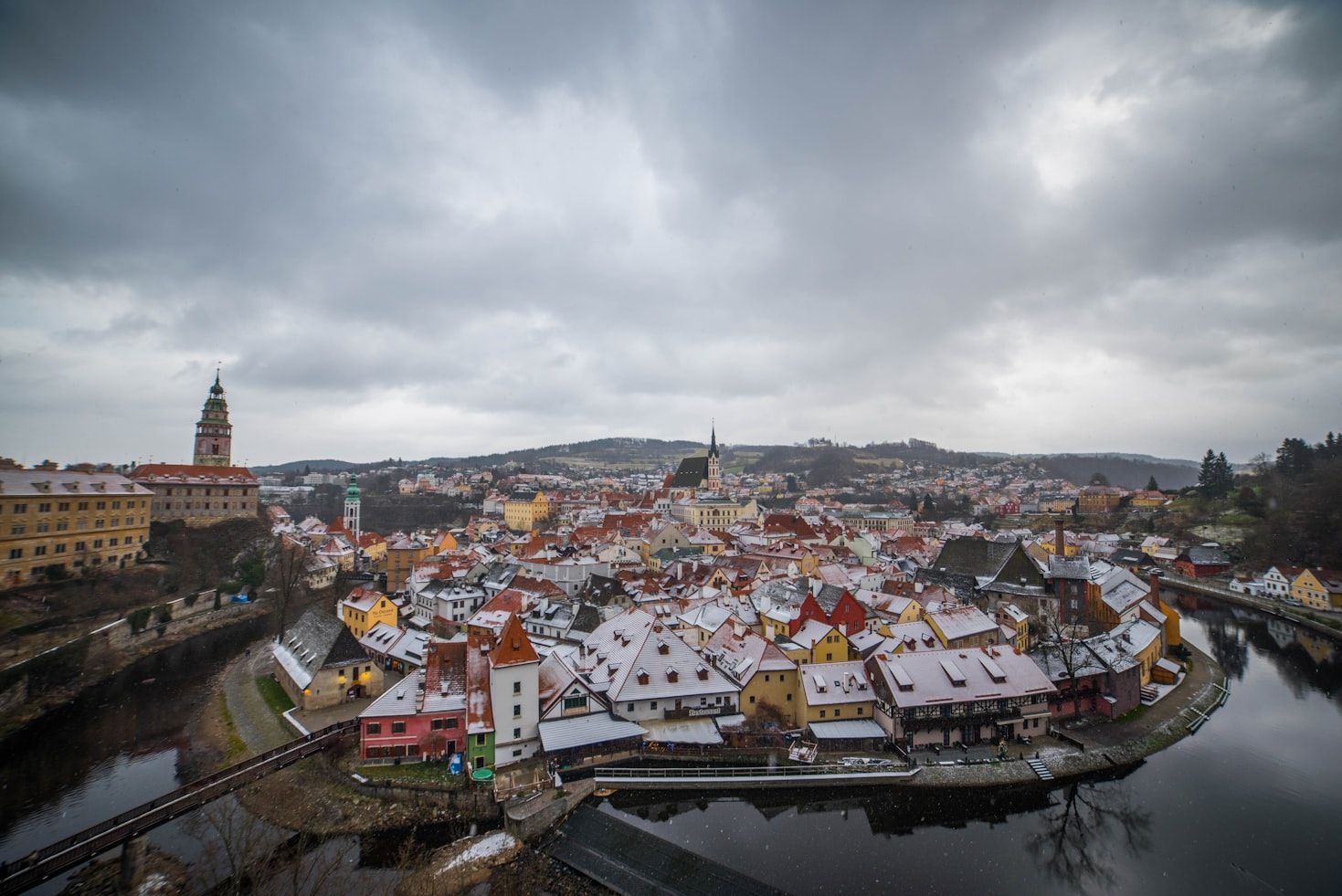 Credit: Rafael Ishkhanyan
Credit: Rafael Ishkhanyan
The fifth word in our toponymic game refers to the practice of an unconventional lifestyle generally associated with musicians, authors, painters, actors, and intellectuals. The term derives from the name of one of the three historical regions that make up the Czech Republic.
No idea what we're talking about? What if we told you that you can find the word in the title of a famous song by the British band Queen? If you are still feeling lost, scroll down and you'll find the answer!
Toponymic word #6: A type of wool = A region in North India
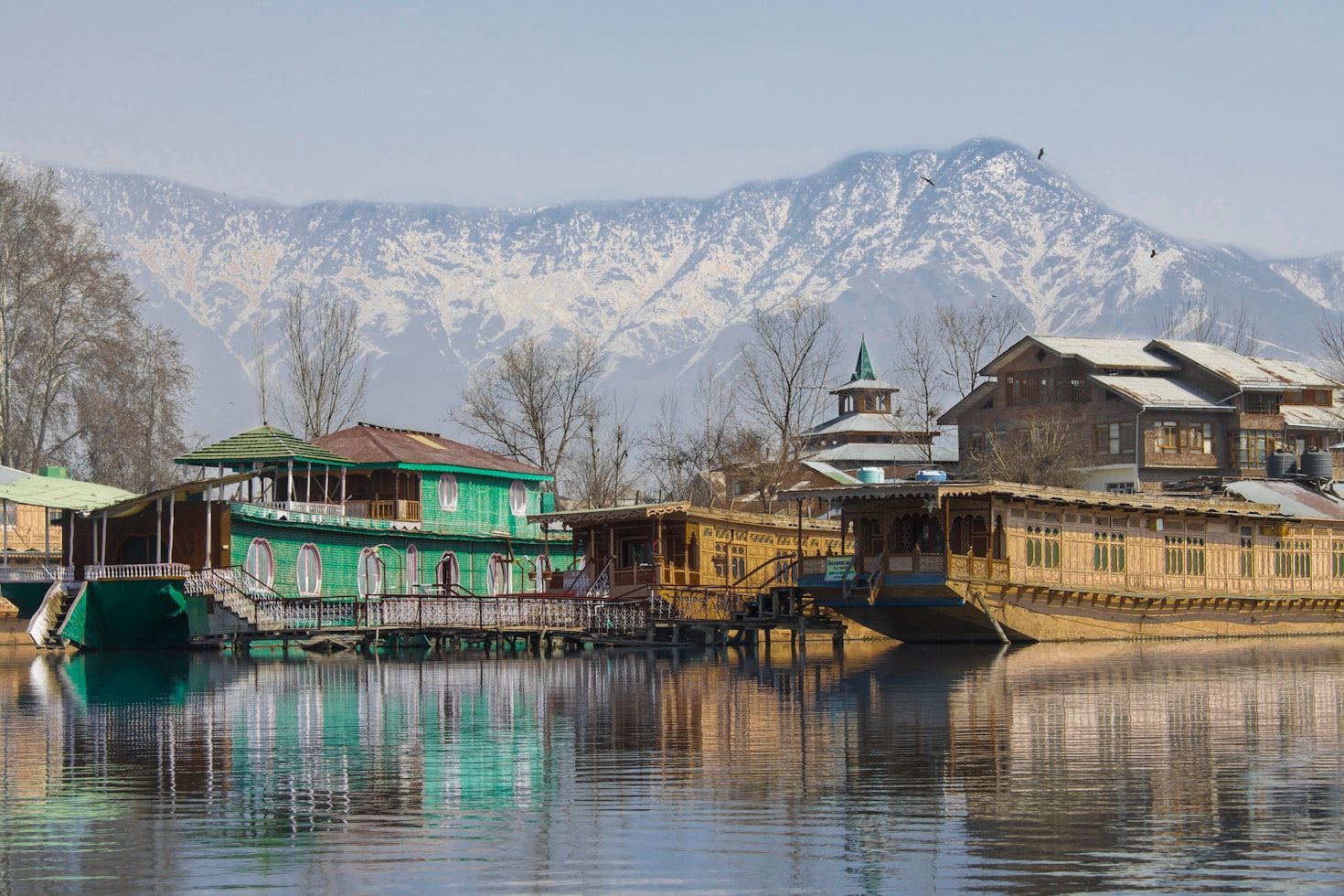 Credit: Isa Macouzet
Credit: Isa Macouzet
A type of wool made from the hair of a certain goat species shares its name with a region in North India located at the foot of the Himalayas. Although they are not spelled exactly the same, they are pronounced identically and have a historical connection.
Need a hint? The fabric made from this wool is one of the finest, softest, and warmest in the world. And yes, it is one of the most expensive too!
Toponymic word #1: Bermudas
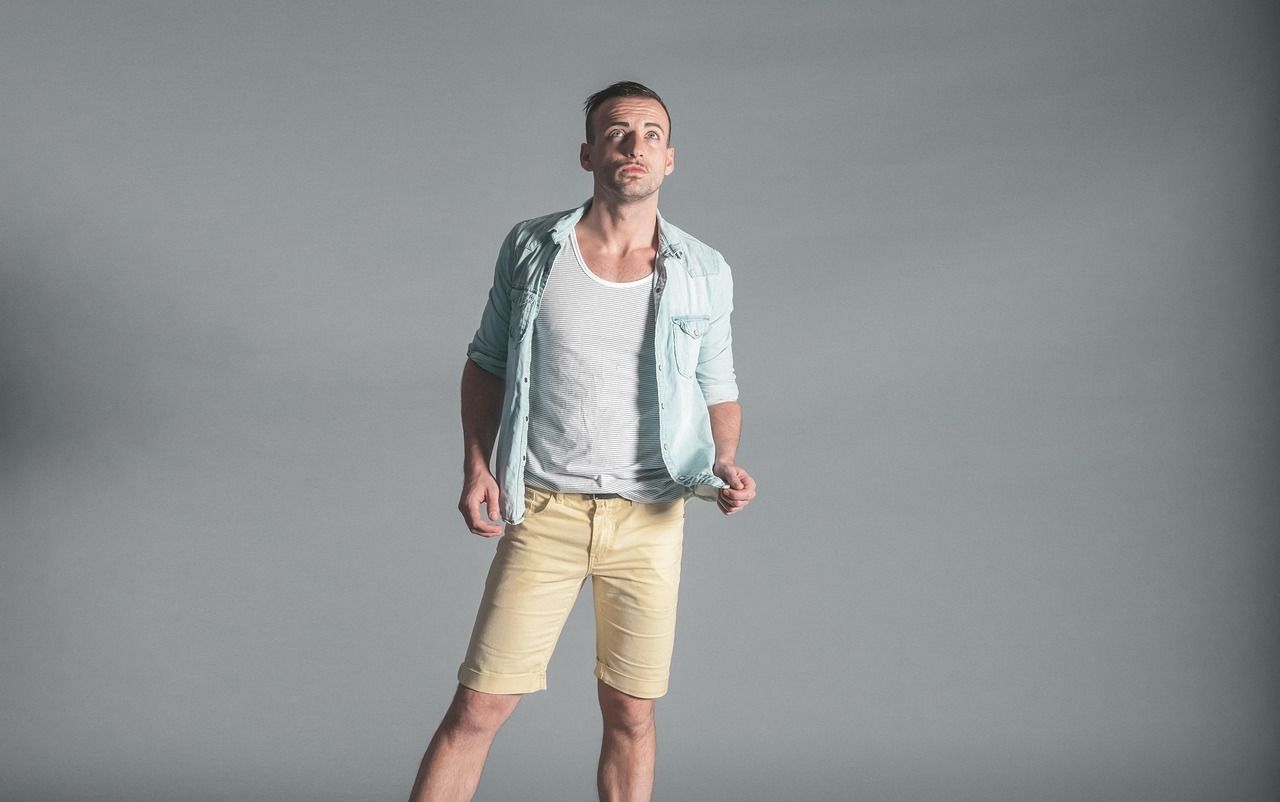 Credit: stokpic
Credit: stokpic
Bermuda shorts are a type of short pants, worn mainly on informal occasions. The origin of this garment dates back to the early 20th century, when the British military was stationed in Bermuda. The English officers were not used to the sweltering heat of the Caribbean, so they decided to cut off their pants to alleviate the effects of the high temperatures.
The idea was a total success. The new garment began spreading to local civilians, causing the island's tailors to start selling their suits with shorts instead of long pants. Over time, tourists also adopted the local style, and bermudas gradually made their way to other parts of the world. Nowadays, bermuda shorts are the quintessential summer garment, favored for their style and versatility.
Toponymic word #2: Guinea
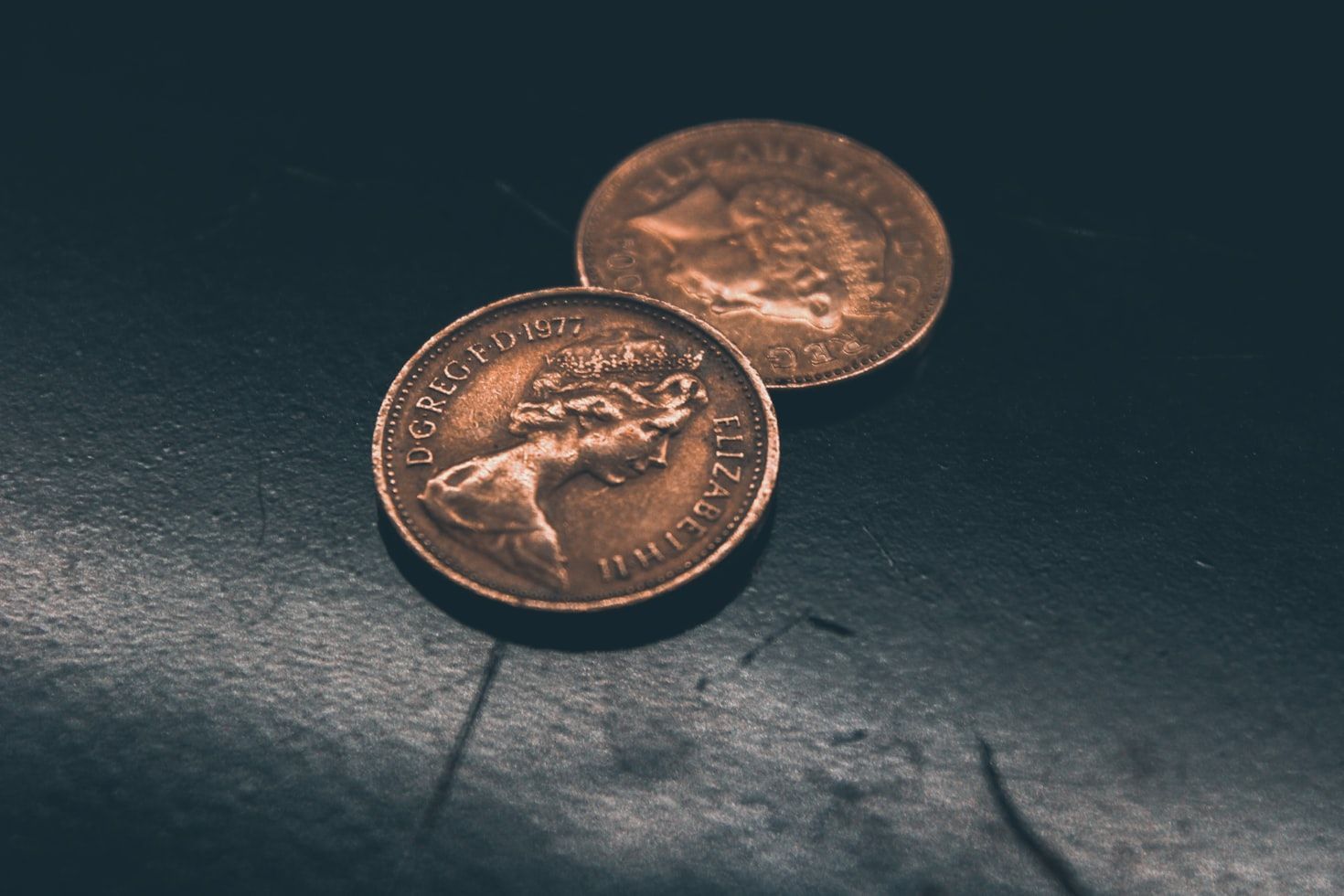 Credit: Siora Photography
Credit: Siora Photography
The first guineas were minted in 1663, authorized by the British Crown "for the use and on behalf of the Company of Royal Adventurers trading with Africa". The coin received this name because the gold used to produce the first series was imported from the Guinea Coast, in West Africa.
The etymology of the word guinea is a bit tricky. It is believed that the English term Guinea comes from the Portuguese Guiné, a word from the mid-15th century used to refer to the lands inhabited by the Guineus. Guineus is what the Portuguese called the "black" African peoples living south of the Senegal River.
Toponymic word #3: Java
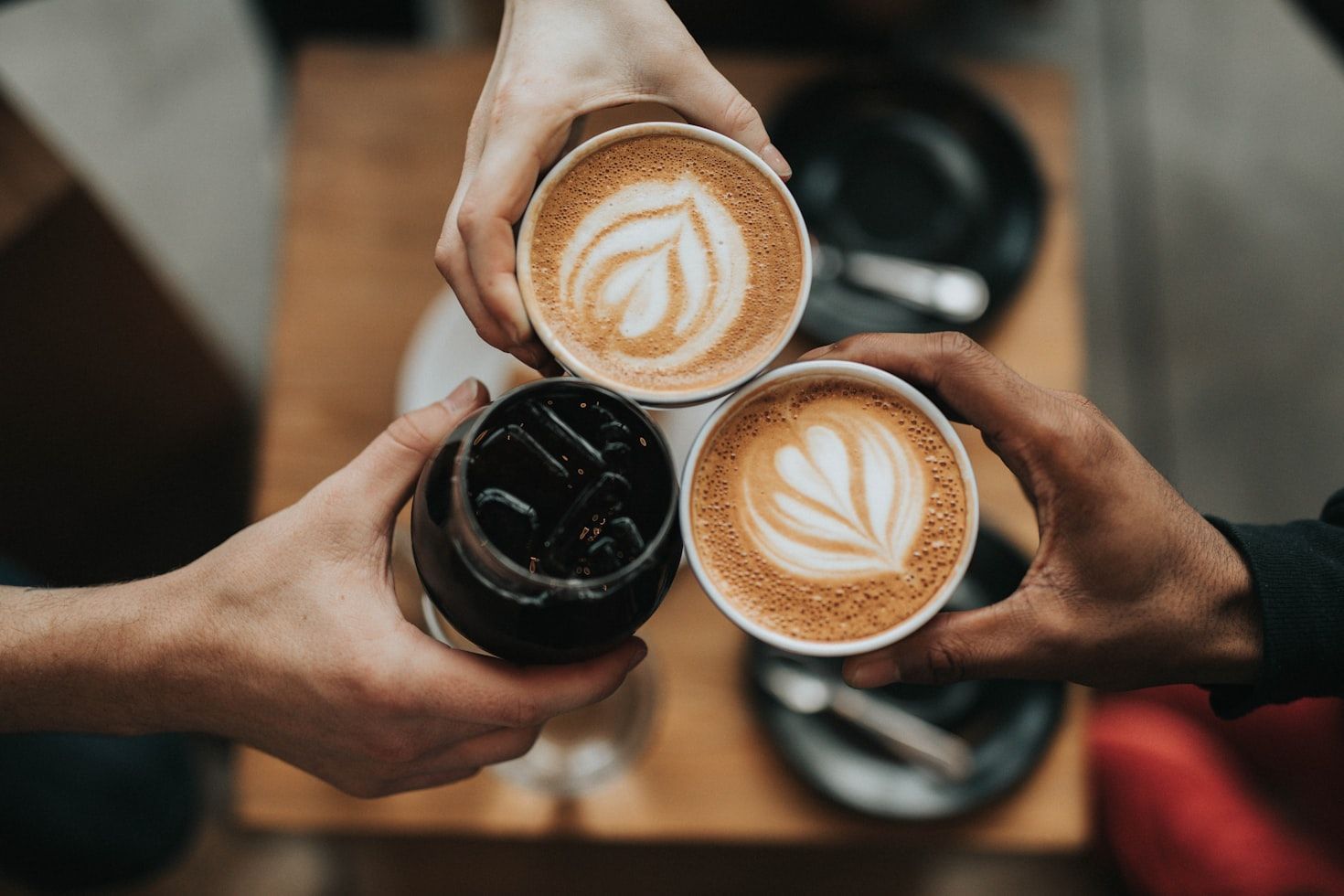 Credit: Nathan Dumlao
Credit: Nathan Dumlao
Although it is not the most common nickname, many people call coffee Java. But why? Java was a very developed island in the Dutch East Indies era. In the 17th century, the Dutch introduced coffee to Southeast Asia, including places like Sumatra, Bali, and Java. In the 19th and early 20th century, Javanese coffee gained global popularity.
In 1863, a New York coffee merchant named Lewis A. Osborn launched the first packaged coffee in the United States. It was called "Osborn's Celebrated Prepared Java Coffee", a testament to the fact that the name Java was a synonym for quality coffee since it started to be massively consumed in our country.
Toponymic word #4: Oxford
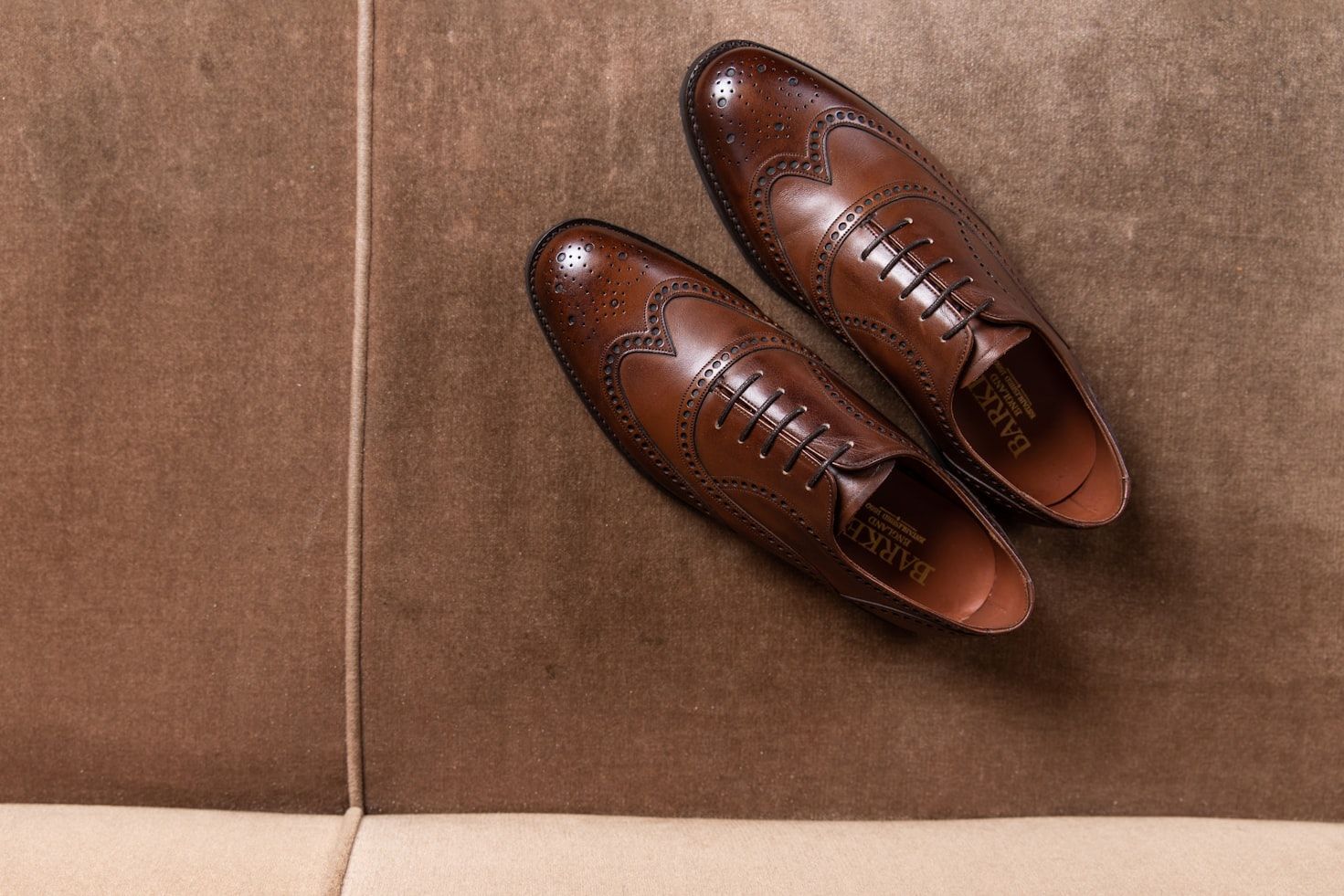 Credit: Noah Smith
Credit: Noah Smith
Did you guess it? We bet you did! Even if you didn't know the origin of the word, you probably have at least a pair of Oxford shoes in your closet. Oxford shoes are a classic and versatile style that can be worn for weddings as well as job interviews. But what is their connection with the famous English city?
There are many theories about the origin of Oxford shoes. The most accepted one is that their name derives from a type of boot known as the Oxonian that was very popular among students at Oxford University in the early 19th century. In turn, these shoes have roots in the Balmoral boot, named after Balmoral Castle in Scotland.
Toponymic word #5: Bohemia
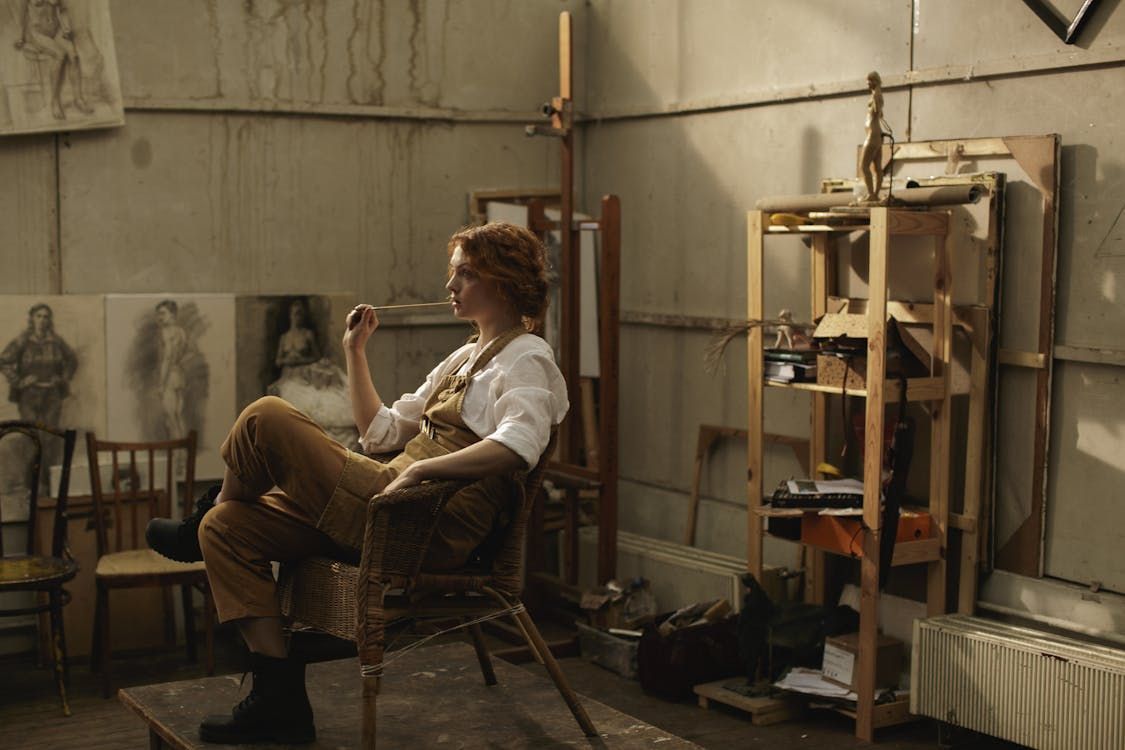 Credit: cottonbro studio
Credit: cottonbro studio
The Oxford Dictionary defines the word bohemia as "Socially unconventional, artistic people viewed collectively or as a community". The word was borrowed from the French La bohème and was used to describe artists’ non-traditional lifestyles in large European cities.
The term appeared in the early 19th century and derived from the similarities the French found between urban bohemians and the Romani. La bohème was a common name for the Gypsy people of France, who were mistakenly believed to have arrived in the 15th century from Bohemia, the western part of what is now known as the Czech Republic.
Toponymic word #6: Cashmere
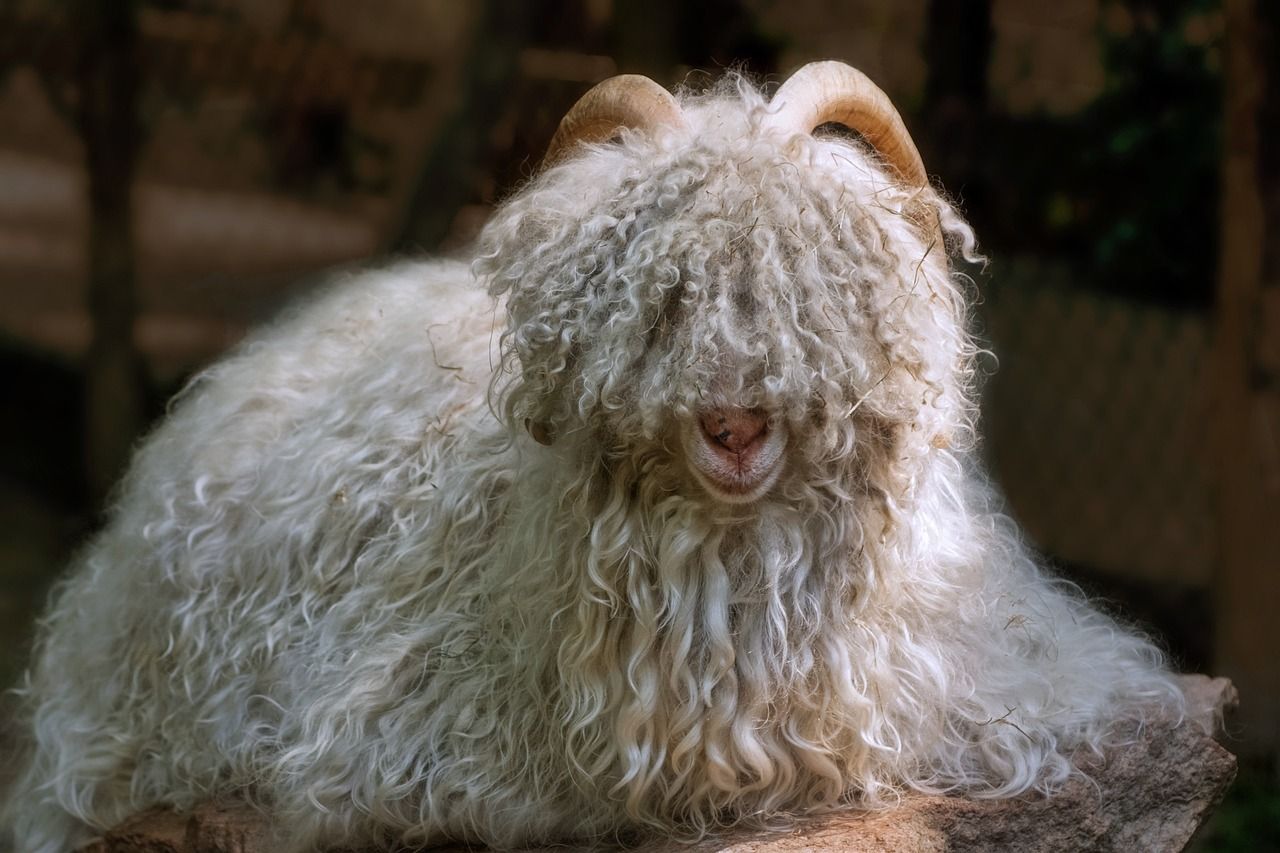 Credit: Camera-man
Credit: Camera-man
Cashmere is a natural fiber highly valued for its softness and warmth. It is obtained from the wool of the long-haired cashmere goat, native to the Kashmir region in northern India. Nowadays, these goats are also raised in other countries such as China, Mongolia, Iran, Afghanistan, and Pakistan.
The term cashmere is an anglicization of the name Kashmir and was used to describe shawls made by Kashmiri craftsmen that were traded via the Silk Road. However, it is said that the one responsible for its massive introduction to the Western world was Napoleon Bonaparte in the 19th century.
